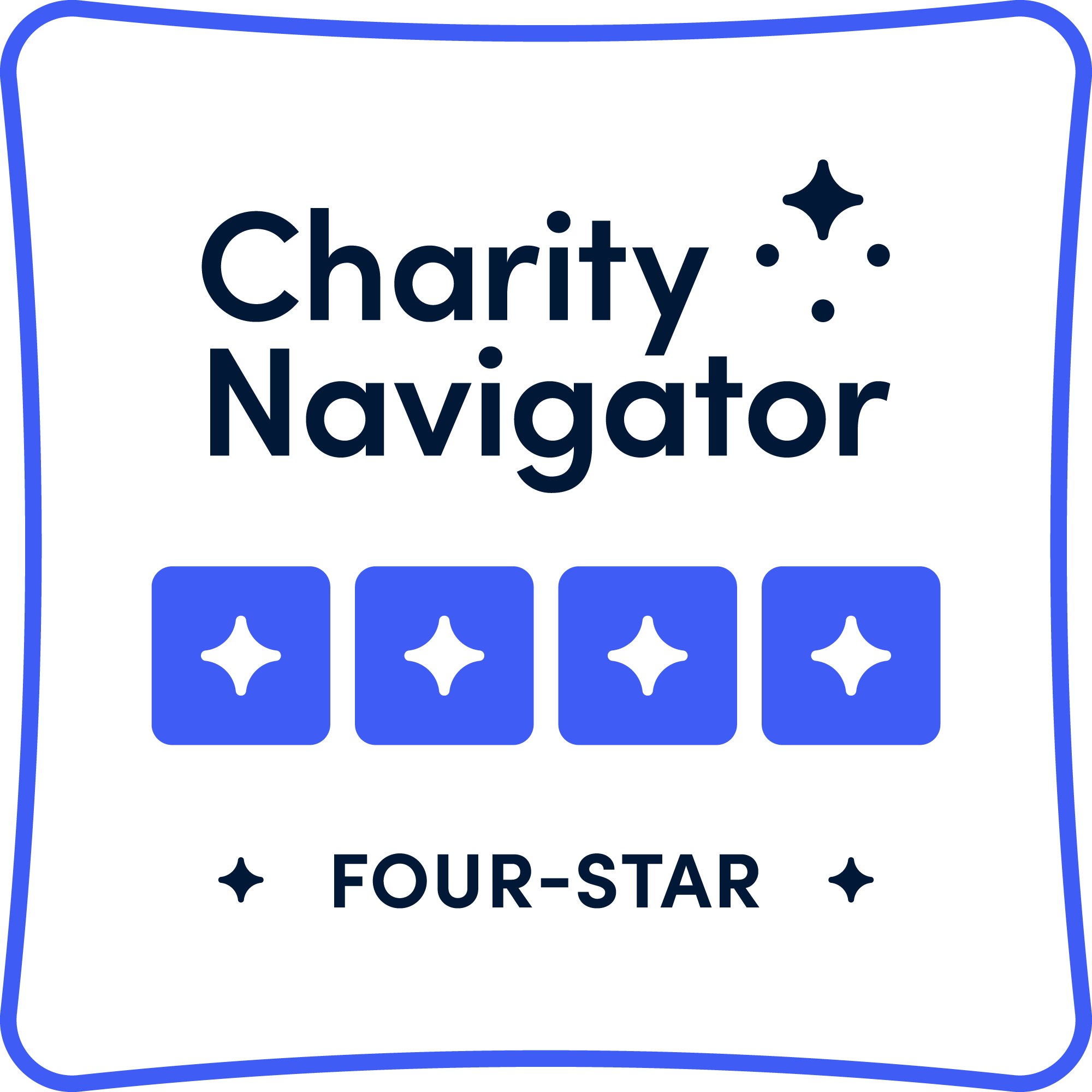[vc_row][vc_column][vc_column_text]The following OpEd appeared in Voice of San Diego on October 25th, 2019.
The Private Sector Has a Key Role to Play in Carrying Out the Homelessness Plan
Adopting an action plan to tackle homelessness was the easy part. Now, activating the plan requires consistent funding and participation from all stakeholders in order to be effectively executed.
By: Peter Seidler and Dan Shea
The homeless crisis is San Diego’s most critical issue. If our community comes together, we have the opportunity to lead California and the country with a best-in-class, high-impact approach that alleviates the suffering of homelessness.
Last week the San Diego City Council unanimously adopted The Community Action Plan on Homelessness. This action plan was researched and produced by the Corporation for Supportive Housing. The authors of the plan, Ann Oliva and Liz Drapa, are non-political, no-nonsense, subject-matter experts on homelessness. The plan identifies the following aggressive but achievable goals over the next three years:
- Decrease unsheltered homelessness by 50 percent
- End veteran homelessness
- Prevent and end youth homelessness
Adopting the action plan was the easy part. Now, activating the plan requires appropriate and consistent funding and participation from all stakeholders in order to be effectively executed. While this report was researched and written specifically for the city of San Diego, the Regional Task Force on the Homeless will also leverage this plan to prioritize similar actions and principles for the county.
Historically, much of the challenge related to mitigating homelessness in our region comes down to leadership and management. Fortunately, we now have strong leaders at the Housing Commission, city, the Regional Task Force on the Homeless and across many of the social service providers. There appears to be a stronger sense of urgency on homelessness at the city and a growing focus at the county as well. Now, more than ever, there is no room for politics. Words are not enough. We must collectively prioritize, fund and follow this plan in order to achieve these tangible results.
The private sector has a key role to play. We all pay the price for the homeless crisis through the costs of first responders, emergency room visits and other heavy expenses that occur after people become homeless. That is why the plan’s approach is not just about triaging reactively. It is a call to action to build a “client-centered homeless assistance system that aims to prevent homelessness and quickly create a path to safe and affordable housing and services in our community.”
Two groups we run, the Lucky Duck Foundation and Tuesday Group, along with a network of private, philanthropic and business leaders, have been fully engaged in the homeless crisis for more than three years. We study the issue daily, meet weekly and regularly host symposiums (27 to date) that bring together action-oriented leaders to continually instigate meaningful collaboration and progress. We have worked with public officials, service providers, civic and business leaders and other stakeholders to fund programs that have strong management and deliver positive results. Such programs include bridge shelters, jobs and work opportunity programs, outreach, health care services, transportation and more. And while other cities across the state are experiencing double-digit percentage increases in their homeless populations, San Diego’s numbers have remained flat year over year. Though this is nothing to celebrate, it reflects the positive collaboration taking place.
The Community Action Plan on Homelessness is the right plan at the right time for San Diego. As the report says, “The vision, principles and strategies identified can lead the City to a more comprehensive, humane, and effective approach to ending homelessness for people in San Diego.” But great things happen one step at a time. The next steps are as follows:
- Create a governance structure, including representatives of the business community, to provide oversight, including cross-agency collaboration, system-level thinking and accountability.
- Fund and support the strategic action plan and prioritize items that need immediate attention, such as the need for additional behavioral health resources and action to prevent and end youth homelessness.
- Continue to fund and expand the Emergency and Bridge Shelters that provide safety, security, housing navigation, and critical support services.
We remain committed to providing leadership and resources to help achieve the goals outlined in the action plan. We urge every member of our community to find a piece of the puzzle on homelessness and spend their time, talents and treasure making a difference.
Peter Seidler is general partner of the San Diego Padres, managing partner of Seidler Equity Partners, executive committee member of the Lucky Duck Foundation and co-founder of the Tuesday Group. Dan Shea is managing partner of Donovans Steak and Chop House, executive committee member of the Lucky Duck Foundation and co-founder of the Tuesday Group.
[/vc_column_text][/vc_column][/vc_row]



